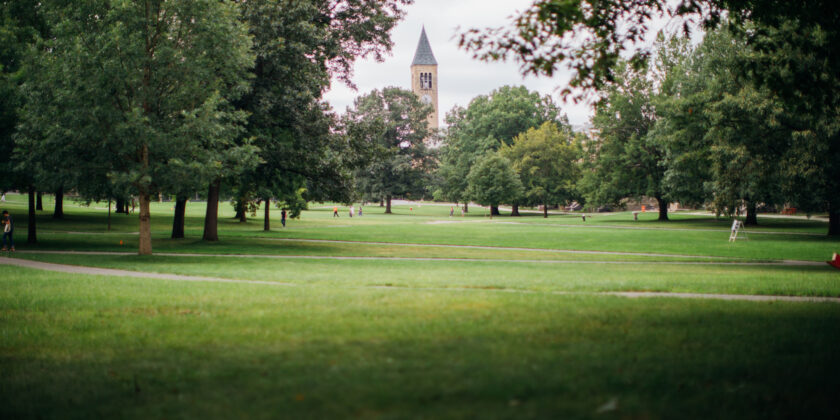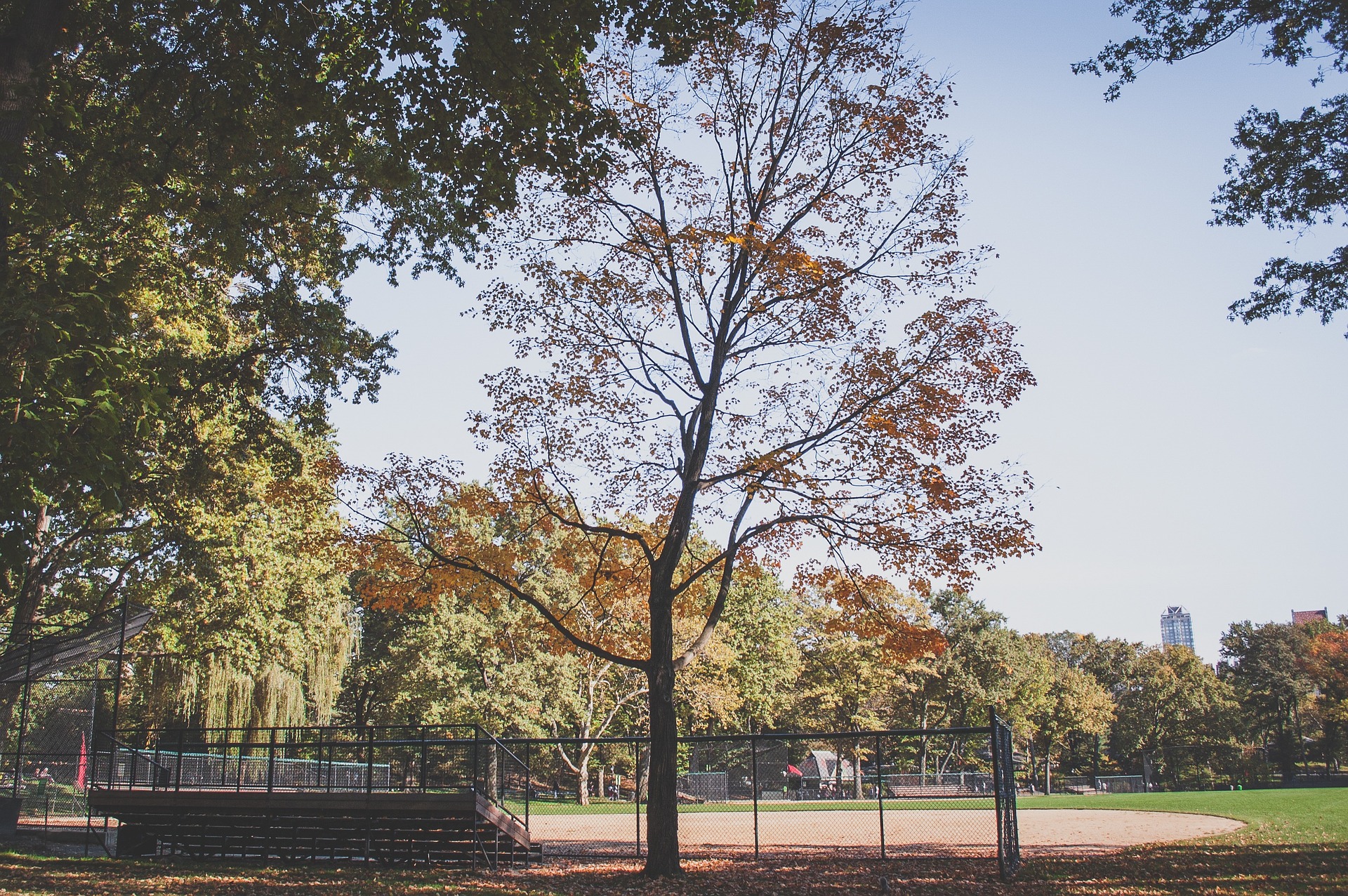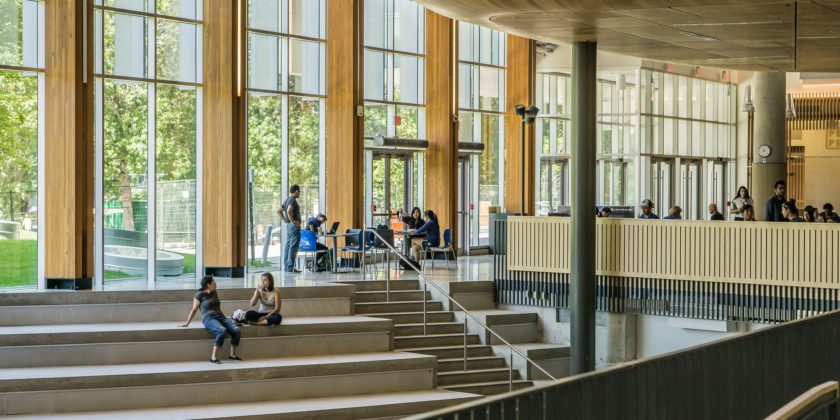Summer program apps are opening up for summer 2022!
Did you know that Columbia’s largest high school program raked in $20 million during the pandemic?
If you are targeting highly selective/highly rejective schools, we’ve noticed they’d rather see a rising senior undertake something a bit more self-directed. For underclassmen, sometimes paid programs are a good idea; it depends on the student and their goals.
It can be hard to find summer programs, and CU’s programs—like Harvard, Georgetown, Penn, and Brown—always rank high in Google searches and have a vast array of curricular offerings, formats, and timelines. They simply just work for many families who can afford them because they are easy! But, easy is not always best…
Posting this article with the hope that folks will think beyond these programs, especially if they are rising seniors, or plan to target highly selective (top 30 or so) schools. There is more you can do, for less!
But BMC, you’ve posted some of these programs in the past—what gives? Yes, we do post about paid summer programs but provide information on those that are free, low-cost, or those that offer substantial scholarships. For example (we will be updating these in the coming months, too!):
Best Summer Programs for High School Students: Computer Science
Best Summer Programs for High School Students: Leadership
Best Summer Programs for High School Students: Sports/Sport Management
Best Summer Programs for High School Students: Engineering
Best Summer Programs for High School Students: Business
Summer Programs for Female Identifying High School Students
Annual Camp Pride Summer Leadership Academy
Always an option, always free: Pursue a passion or purpose project. Create an independent study with your favorite teachers. Cold call/mail profs until you find your way into a lab. Max out edX and Coursera.
There’s also no need to wait until summer to engage in and explore your interests. Start now!
*Stay in the know! Subscribe*






